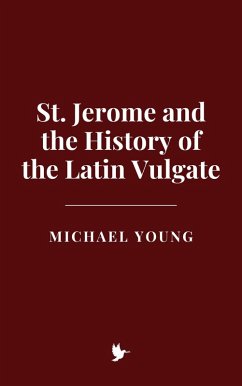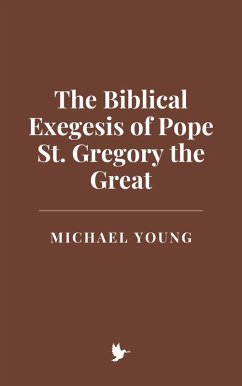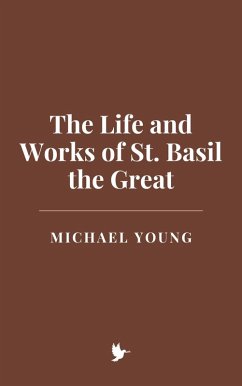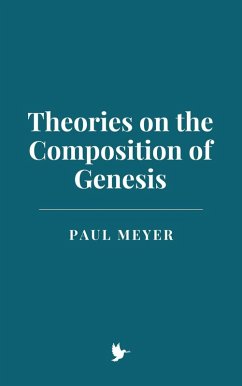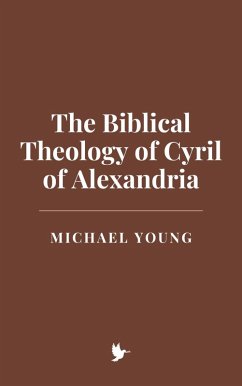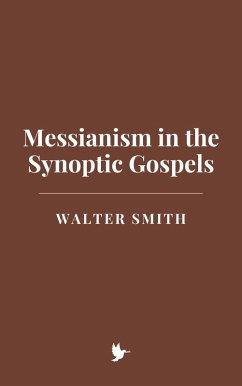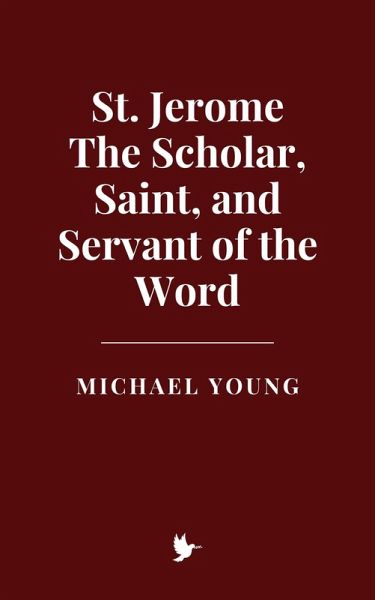
St. Jerome: The Scholar, Saint, and Servant of the Word (eBook, ePUB)

PAYBACK Punkte
0 °P sammeln!
The life and work of St. Jerome stand as a luminous testament to the confluence of intellect, faith, and cultural transformation in the waning centuries of the Roman Empire. Born in Stridon, a town on the border of Dalmatia and Pannonia around 347 CE, Jerome emerged during a time of profound transition. The Roman world was experiencing both political turmoil and the gradual ascendancy of Christianity as the dominant religious force, following Constantine's Edict of Milan in 313. Against this backdrop, Jerome's legacy as a theologian, translator, and ascetic exemplifies the interplay between th...
The life and work of St. Jerome stand as a luminous testament to the confluence of intellect, faith, and cultural transformation in the waning centuries of the Roman Empire. Born in Stridon, a town on the border of Dalmatia and Pannonia around 347 CE, Jerome emerged during a time of profound transition. The Roman world was experiencing both political turmoil and the gradual ascendancy of Christianity as the dominant religious force, following Constantine's Edict of Milan in 313. Against this backdrop, Jerome's legacy as a theologian, translator, and ascetic exemplifies the interplay between the classical heritage of antiquity and the spiritual imperatives of early Christianity.
Jerome's intellectual formation cannot be separated from the broader cultural currents of the fourth century. Educated in Rome, he was steeped in the rhetorical traditions of Cicero and Quintilian, the historical narratives of Livy and Tacitus, and the poetic brilliance of Virgil and Horace. Yet, even as he mastered the great works of Latin literature, Jerome was acutely aware of their limitations in conveying the truths of divine revelation. His later denunciation of pagan literature, most famously expressed in his Letter 22 where he recounts a dream of being judged as a "Ciceronian" rather than a Christian, reflects the inner tension between his classical education and his burgeoning Christian faith. This tension would shape much of his life's work, as he sought to harmonize the intellectual rigor of the Greco-Roman tradition with the spiritual demands of Christian doctrine.
Jerome's intellectual formation cannot be separated from the broader cultural currents of the fourth century. Educated in Rome, he was steeped in the rhetorical traditions of Cicero and Quintilian, the historical narratives of Livy and Tacitus, and the poetic brilliance of Virgil and Horace. Yet, even as he mastered the great works of Latin literature, Jerome was acutely aware of their limitations in conveying the truths of divine revelation. His later denunciation of pagan literature, most famously expressed in his Letter 22 where he recounts a dream of being judged as a "Ciceronian" rather than a Christian, reflects the inner tension between his classical education and his burgeoning Christian faith. This tension would shape much of his life's work, as he sought to harmonize the intellectual rigor of the Greco-Roman tradition with the spiritual demands of Christian doctrine.
Dieser Download kann aus rechtlichen Gründen nur mit Rechnungsadresse in A, B, CY, CZ, D, DK, EW, E, FIN, F, GR, H, IRL, I, LT, L, LR, M, NL, PL, P, R, S, SLO, SK ausgeliefert werden.




